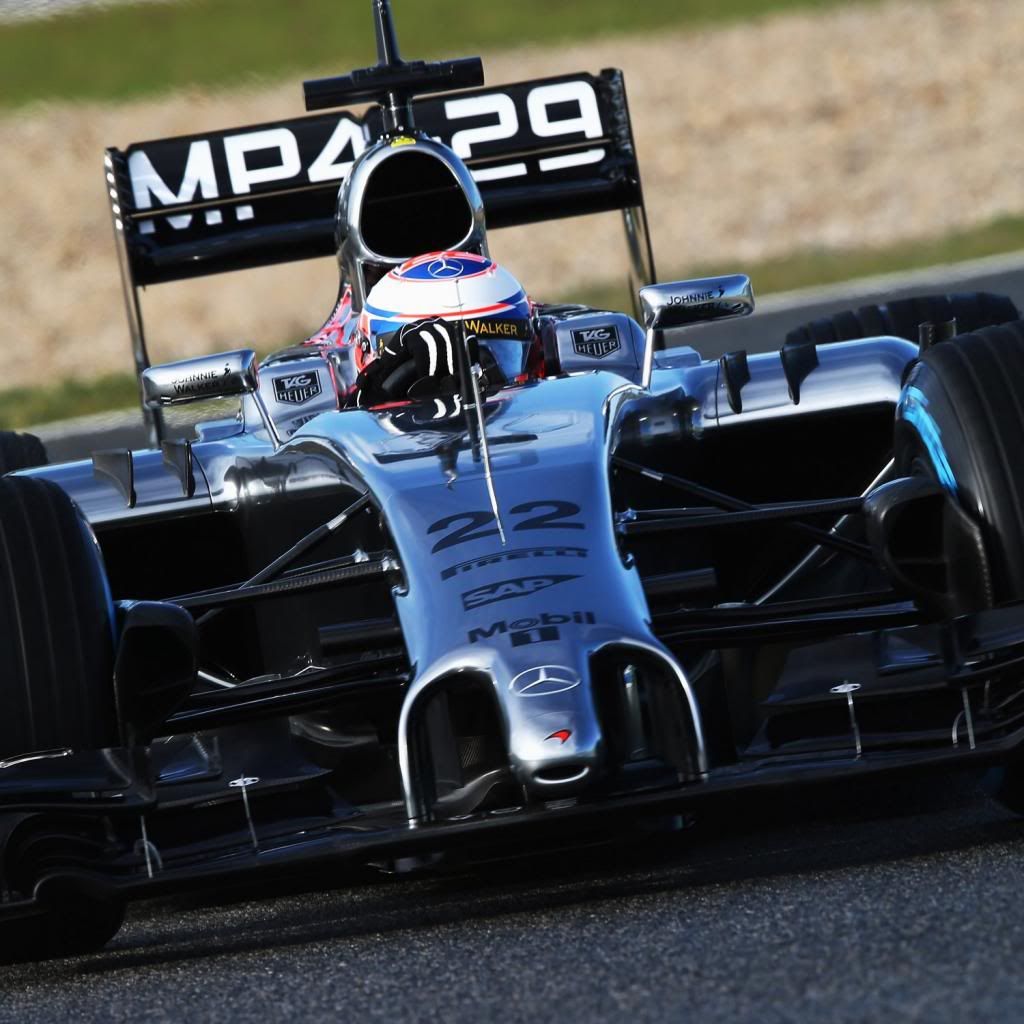donskar wrote:I think it is naive to think that F1 engine designers will be able to be more innovative in developing fuel saving techniques than engineers dedicated to production car engines. F1 engineers will have to work to get to where production engines are right now -- for example, direct injection and variable valve timing (banned in F1) are already saving fuel and reducing emissions in production cars.
Strictly MO, but I think F1 and fuel saving is a shotgun marriage made in PR hell.
I think you are wrong there. F1 is currently inhibited to make a contribution to efficiency technology. All the logical approaches are blocked by regulations and all the incentives have been wrong in the past. This is going to change with the 2013 power train, chassis and sporting regulations. There will be clear incentives to win by using efficiency increases. The technology fields that are needed to improve fuel efficiency will be opened: Combustion and valve technology, injection technology, KERS and HERS technology, low friction cylinder configurations, thermodynamically more efficient turbo technology over natural aspired engines, adaptive aero, new wheel and suspension technology. F1 will set their bests minds to the task to make cars faster by increasing efficiency across the board in many different fields. I'm very confident some of the new inventions will help road cars as well.



